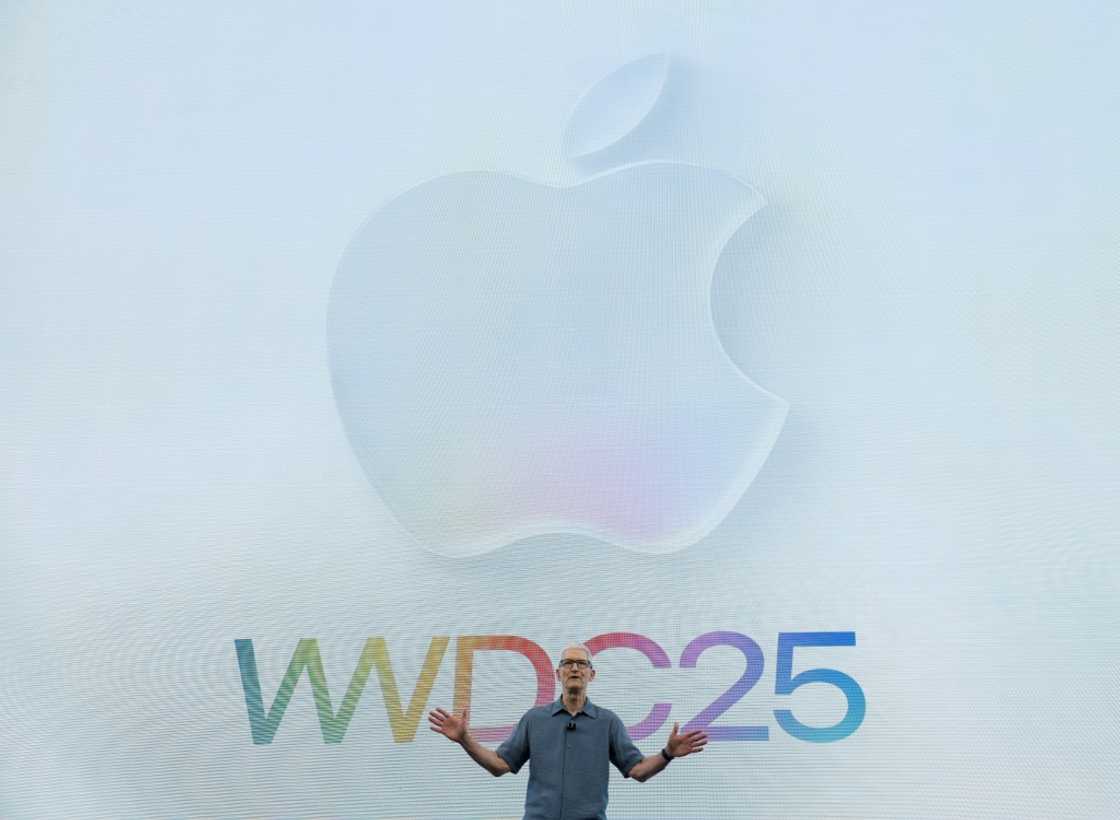
On Monday, Apple continued to proceed cautiously with regard to adopting generative AI technologies, despite competitors swiftly moving forward in this area and financial analysts expressing concerns about their approach.
The pressure was on for Apple to deliver big at its yearly Worldwide Developers Conference (WWDC), following the previous year’s disappointment when they couldn’t fulfill their pledge to enhance Siri with generative artificial intelligence.
Each year, the WWDC targets developers who create applications and utilities designed for use with the firm's offerings.
Even though last year’s letdowns didn’t go unnoticed, Apple reaffirmed on Monday that they remain strongly competitive in the artificial intelligence arena. The company unveiled minor enhancements to their Apple Intelligence platform, granting application developers direct access to the device’s AI functionalities.
This feature would enable users to use applications powered by generative artificial intelligence even when they're offline. For instance, they could have conversations similar to those with ChatGPT within a hiking application while exploring remote regions where connectivity isn’t available.
Apple CEO Tim Cook briefly stated that Siri’s artificial intelligence upgrade is still being developed and “requires additional time to reach our stringent quality threshold,” which encompasses Apple’s rigorous criteria for privacy and data protection.
"Progress is being made, and we're eager to put these features into our customers' possession," he remarked.
Regarding Gadjo Sevilla, who serves as a senior analyst at Emarketer, he states that "Apple’s postponed internal artificial intelligence initiatives will keep attracting attention."
He noted, "Particularly as competitors such as Google and Samsung continue progressing by integrating advanced on-device AI functionalities, or collaborating with AI companies like Perplexity for Samsung, to offer users enhanced AI features."
The most significant news from the event was the change in naming conventions for Apple's operating systems, aligning them more closely with their respective release years.
The upcoming operating system will be iOS 26 and will roll out across all of Apple’s devices — such as the Mac, Watch, and Vision Pro headset — this autumn, coinciding with the probable launch of the new iPhone 17.
Currently, Apple’s operating systems use distinct naming conventions for various devices, such as iOS 18 for iPhones and macOS 15 for Mac computers.
Apple has disclosed that this updated operating system marks the first significant overhaul of iOS since 2013, referring to the fresh design as "Liquid Glass."
Wall Street divided
In recent years, tensions have risen between Apple and application developers due to their frustration over the company’s substantial charges for utilizing the App Store.
A lengthy legal battle initiated by Fortnite’s developer, Epic Games, concluded with an order for Apple to permit external payment methods within the U.S. App Store.
Raising questions about Apple’s future trajectory is the news that Jony Ive, the iconic designer responsible for the iPhone, has teamed up with OpenAI, the creators of ChatGPT, to develop a competing product aimed at interacting with AI technologies.
Apple must also contend with tariffs introduced by U.S. President Donald Trump as part of his trade dispute with China, which represents a crucial market for expanding sales and is where the majority of iPhones are produced.
Trump has also threatened to hit Apple with tariffs if iPhone production wasn't moved to the US, a change which analysts say would be impossible given the costs and capabilities required.
Financial experts on Wall Street continue to have differing opinions regarding Apple's future outlook, as the company’s share price has dropped approximately 17 percent this year. This decline has resulted in more than $600 billion being erased from its total market valuation, placing it well behind some of its major technology competitors.
Although certain experts maintain an upbeat outlook on Apple's future financial gains from artificial intelligence, there are those who fear that the firm’s careful strategy might turn out to be too expensive over time.
"WWDC lacked significant advancements in Apple’s intelligence efforts because Cupertino is being cautious and keeping things under wraps following last year's missteps," according to Dan Ives from Wedbush Securities.
"I remain highly confident that Apple will succeed with this, yet they possess a narrow timeframe to resolve it," he further stated.
Post a Comment